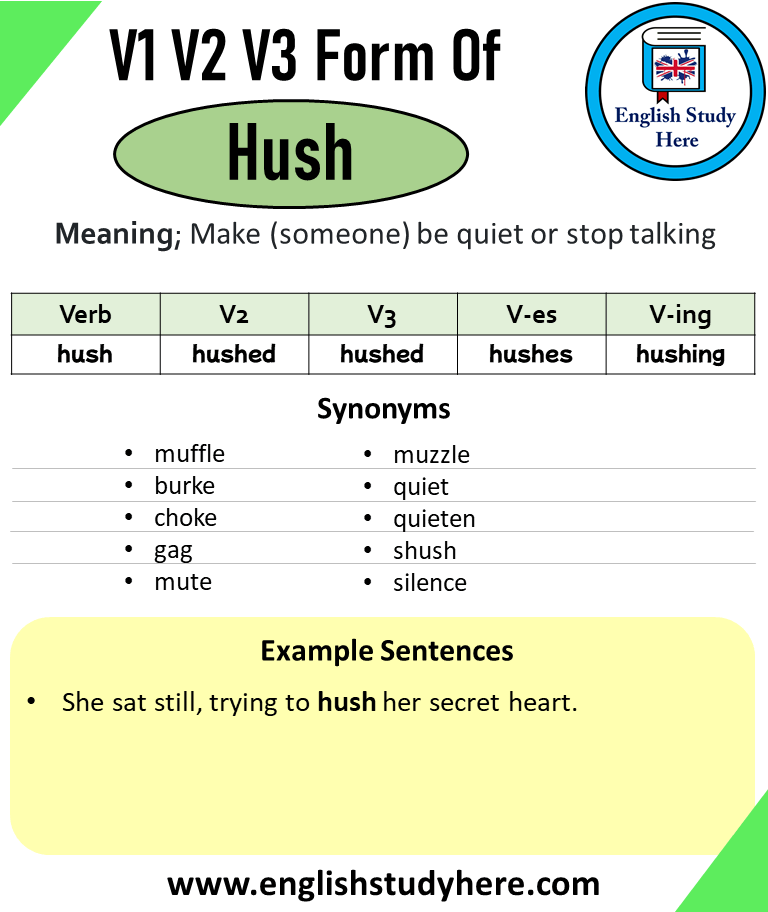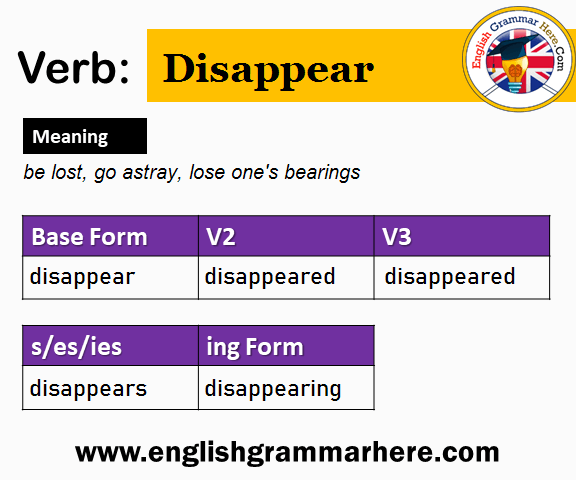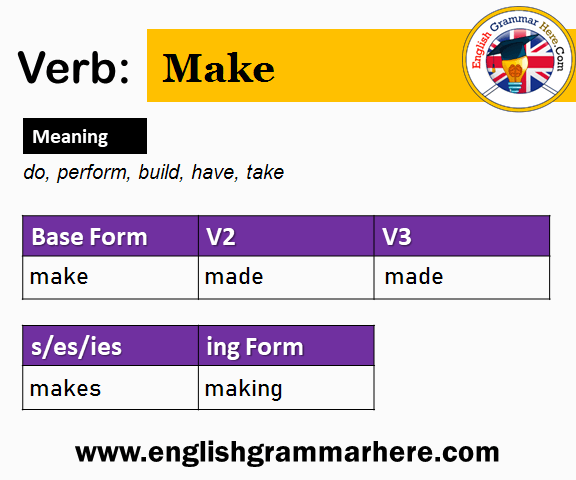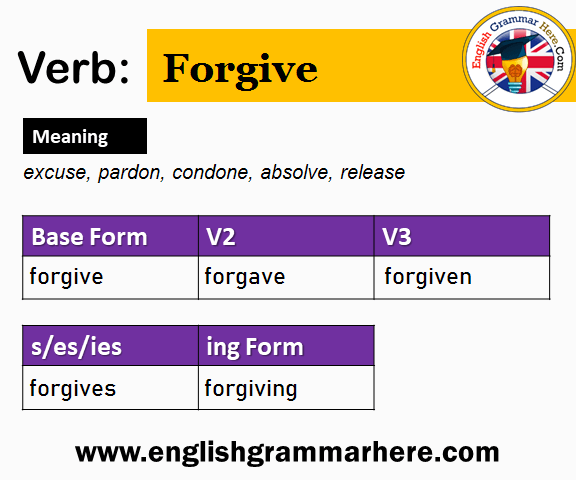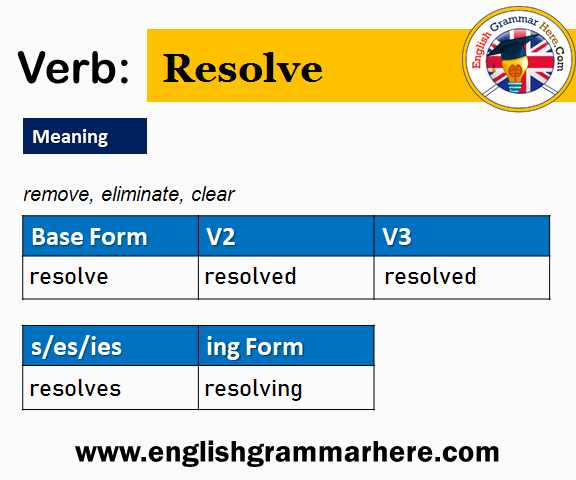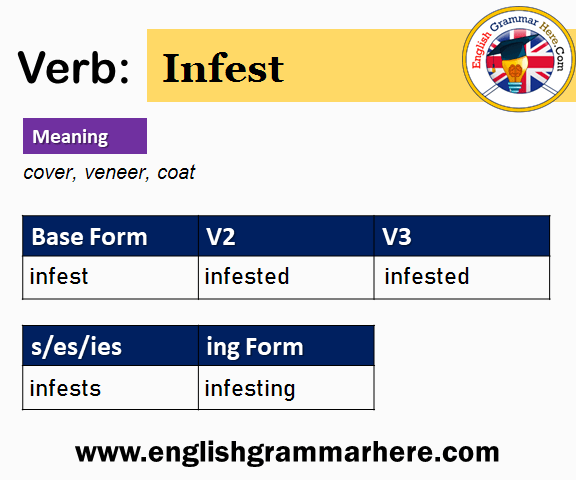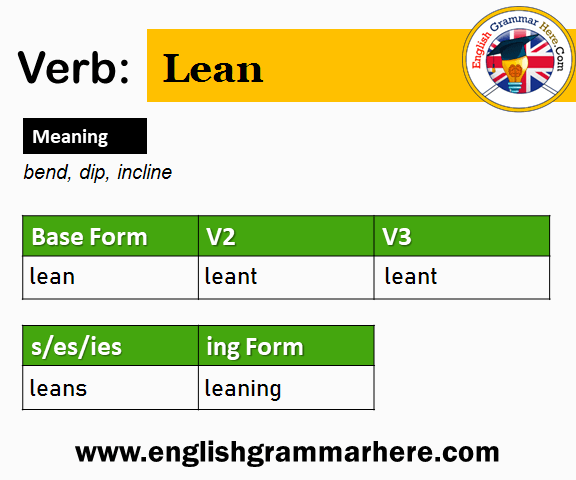Choke Past And Past Participle Form V1 V2 V3 V4 V5 Form of Choke
Are you curious about the different forms of the verb “choke”? Understanding verbs in their various forms can enhance your communication skills and improve your writing.
Whether you’re brushing up on your grammar for school, work, or personal development, knowing the past and past participle forms of verbs is essential. We’ll delve into the V1, V2, V3, V4, and V5 forms of “choke” to give you a clear and concise understanding.
You’ll discover how mastering these forms can make a difference in your daily interactions. Keep reading to unlock the power of precise language and elevate your communication game!

Credit: www.pinterest.com
Choke Forms And Their Uses
Understanding verb forms is very important. The verb “choke” has different forms. The base formis “choke”. The past formis “choked”. The past participleis also “choked”. These forms help in building sentences. The present participleform is “choking”. This form shows an action happening now. The third person singularform is “chokes”. It is used with he, she, or it.
| Verb Form | Example |
|---|---|
| V1 (Base form) | choke |
| V2 (Past form) | choked |
| V3 (Past participle) | choked |
| V4 (Present participle) | choking |
| V5 (3rd person singular) | chokes |
Using these forms correctly makes sentences clear. Practice using them daily. This helps in learning better.
Past And Past Participle Of Choke
The verb “choke” changes in different tenses. The past tenseof choke is “choked.” The past participleis also “choked.” These forms help in making sentences about the past.
| Base Form (V1) | Past Form (V2) | Past Participle (V3) | Present Participle (V4) | 3rd Person Singular (V5) |
|---|---|---|---|---|
| choke | choked | choked | choking | chokes |
In a sentence: “He chokedon his food yesterday.” This shows a past event. The word “choked” indicates the action happened before.
Conjugation Of Choke In Different Tenses
The verb “choke” has different forms. These forms change with tense. V1 is the base form, V2 is the past tense, V3 is the past participle. V4 and V5 involve continuous and perfect forms. Each form of “choke” tells us when an action happens.
Let’s see “choke” in different tenses:
- V1 – “I choke on spicy food.”
- V2 – “Yesterday, I choked on a cracker.”
- V3 – “I have choked before.”
- V4 – “I am choking right now.”
- V5 – “I have been choking often.”
Using the correct form makes writing clear. Past tense shows something happened. Present tense shows something is happening now. Future tense shows what will happen. Pick the right form for your sentence.
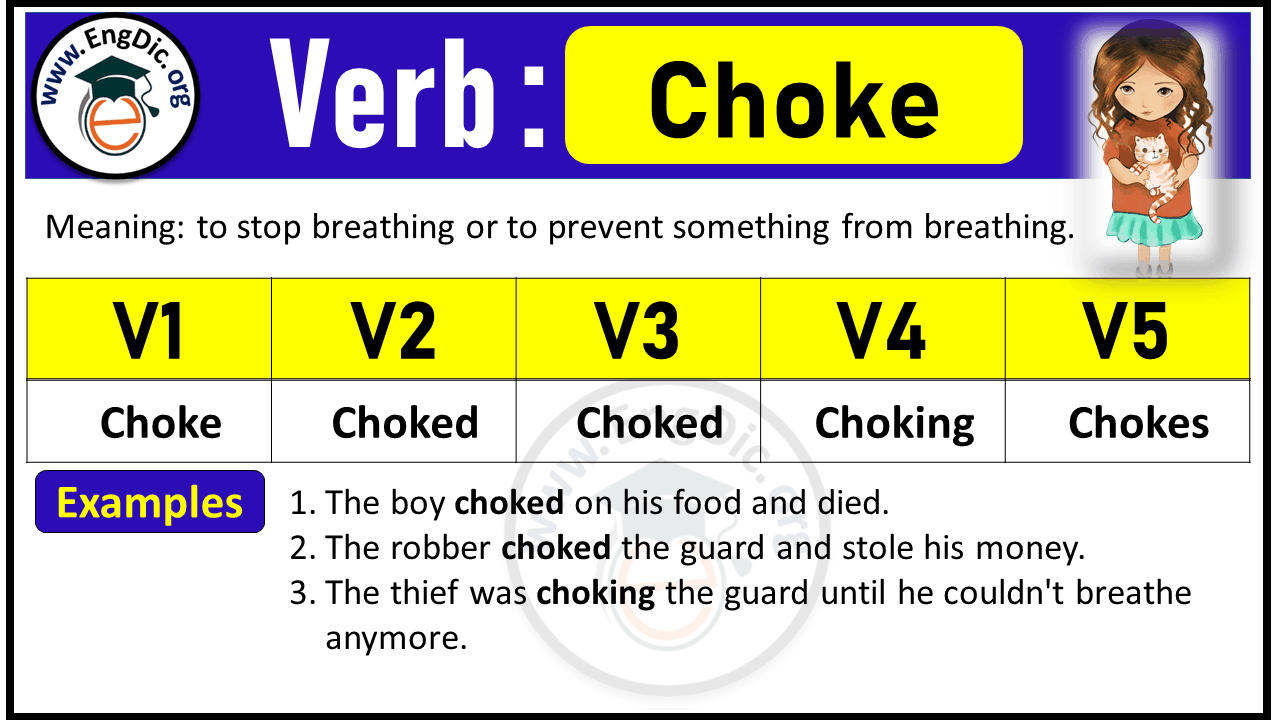
Credit: engdic.org

Credit: englishgrammarhere.com
Conclusion
Understanding the forms of “choke” enhances your English skills. Practice helps in mastering these verb forms: V1, V2, V3, V4, and V5. Each form serves a different purpose. Using them correctly improves your communication. Remember, regular practice is key. Keep using these forms in sentences.
This will make your English more fluent. Don’t hesitate to revisit the rules. With time, using “choke” becomes second nature. Stay patient and consistent. Your English will grow stronger every day. Happy learning!
